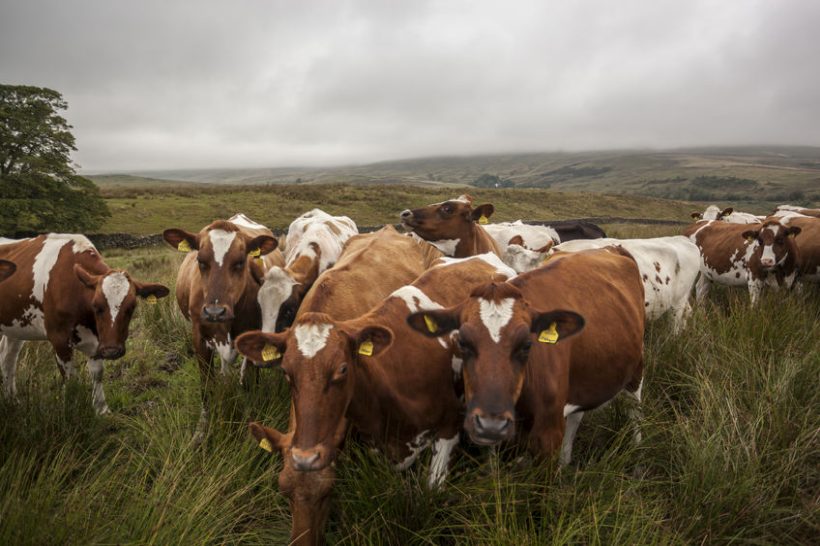
The government has issued new guidance on changes to ear tags for livestock exports and movements from Britain to the EU and Northern Ireland from 1 January.
Farmers and livestock exporters are being urged to prepare for the new changes that will apply to ear tagging when the Brexit transition period ends.
Livestock in the UK are currently identified with ‘UK’ ear tags in accordance with the European Union's single market rules.
But from 1 January 2021, the rules for exports of cattle, sheep, goats and pigs to the bloc will change.
As part of Defra's new changes, exporters from Britain will need to ensure their animals are identified with the ISO country code, which is ‘GB’ for the UK.
Under the Northern Ireland Protocol, movements from Britain to Northern Ireland will also need to meet these requirements.
Farming minister Victoria Prentis said: “We have been working closely with the farming industry to find practical solutions to prepare them for 1 January.
"We encourage livestock exporters to follow the steps set out in our guidance on the changes to ear tagging, and to contact their suppliers.”
What's included in the updated guidance?
The government has published updated guidance setting out the actions British livestock exporters will need to take to get ready for 1 January:
• For animals which are already individually identified, apply a third (management) tag with the prefix GB followed by the animal’s individual number.
• For new-born animals and lambs for export that are not yet individually identified, UK tags with a GB suffix could be applied.
Exporters are being told by Defra to contact importers to confirm that how they identify their animals is acceptable.
Exporters should also contact their ear tag suppliers to ensure that they are able to identify their animals with the correct tags from 1 January 2021.
Animals for export will also need to be accompanied with a new EU Export Health Certificate showing the correct ISO country code and signed by the Official Veterinarian for export.
